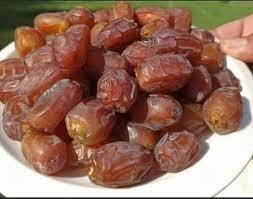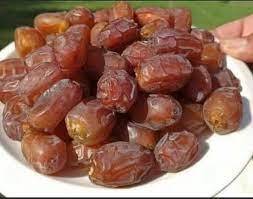Fasting has numerous health benefits. However, following a balanced diet during Ramadan is essential to keep the body active while fasting. In this context, nutrition specialist Rahaf Al-Boushi spoke about how to eat healthily and maintain body hydration during fasting.
Al-Boushi told CNN that individuals should start their Iftar meal in Ramadan by drinking a small amount of water, followed by dates, which are a great source of quick-acting sugar, something they need after long hours of fasting. She also explained that dates contain beneficial fiber and that consuming them with a protein source, such as nuts, can reduce the likelihood of a sharp rise in blood sugar levels. It is important that a person does not consume too many dates, recommending only one or two.
She further stated that after consuming dates, individuals should not eat large quantities of food quickly. Instead, they should eat slowly and ensure they chew their food well.
Regarding the components and nutrients a meal should contain, Al-Boushi added that when preparing your meal, you should divide your plate into three sections: the first section, which represents half of the plate, should consist of non-starchy vegetables or salad. The second section, which represents a quarter of the plate, should contain complex carbohydrates rich in fiber, such as quinoa or potatoes. The last quarter of the plate should be reserved for protein, namely chicken, beef, or other meats. She also emphasized the importance of consuming some fruit after finishing Iftar.
Furthermore, she pointed out that Suhoor should include a significant amount of protein and healthy fats, stating that "the reason we emphasize the need to consume protein and healthy fats in Suhoor is that they digest more slowly in the body," confirming that these are the foods that will provide energy throughout the day. Examples include eggs, avocados, oats, and Greek yogurt.
As for foods that people should avoid during Ramadan, she clarified, "Honestly, I don't like to tell people they shouldn't avoid foods altogether, but there are certain foods that should not be overconsumed, such as sweetened beverages and fried foods."
She stressed the importance of ensuring proper hydration during non-fasting hours by drinking enough water and consuming soups and fruits that have a high water content.




